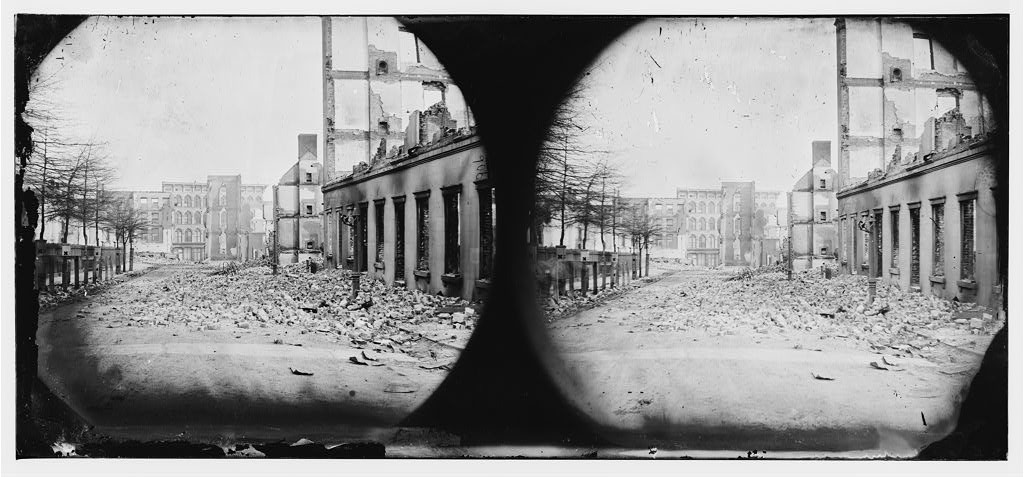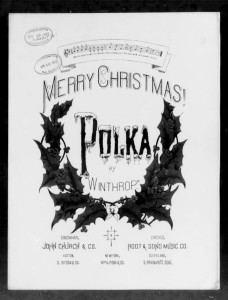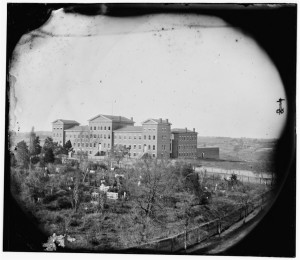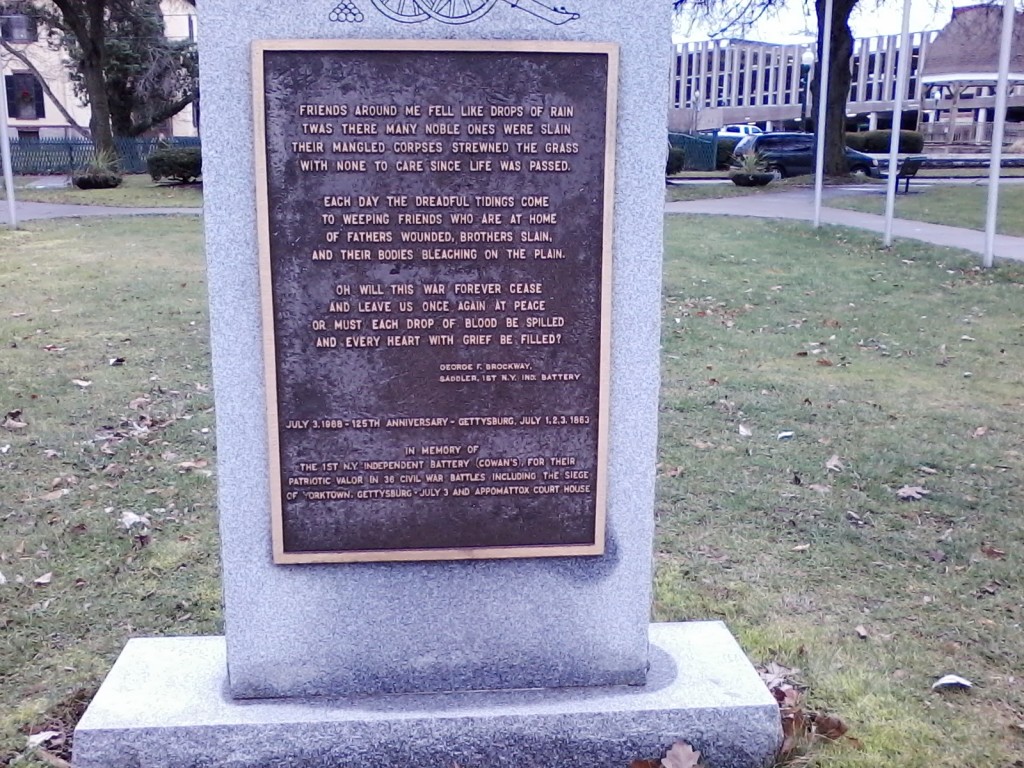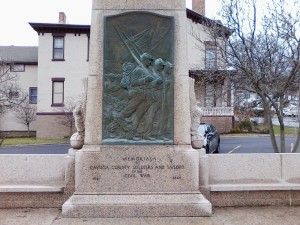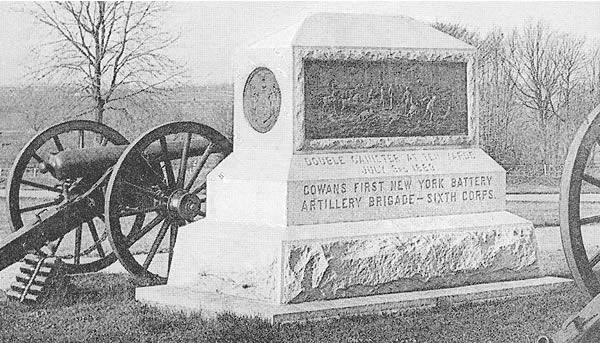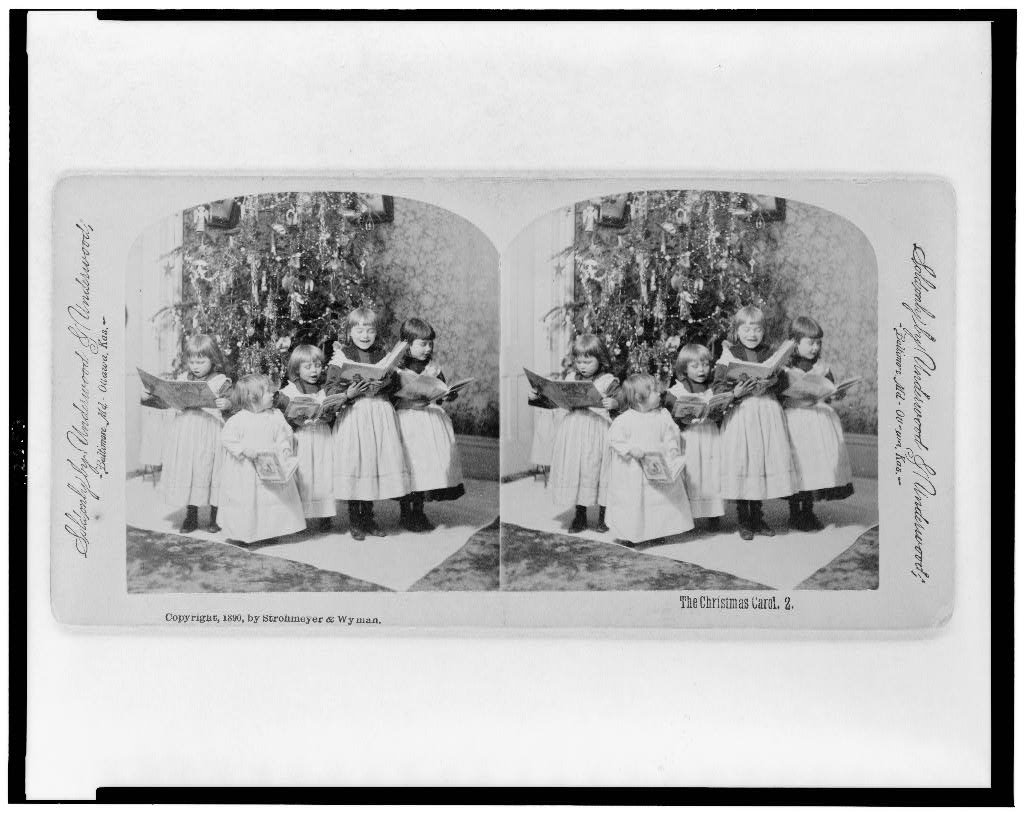From the Richmond Daily Dispatch December 25, 1865:
Christmas.
It would seem a remorseless piece of irony to extend to our people the usual greeting of “A Merry Christmas.” In the midst of a land desolated by the iron foot-prints of war, with half a million of their best and bravest sleeping in bloody graves, with a funeral pall hanging in every house where the Christmas garlands once were wreathed, with universal poverty in the place of universal plenty, and dark and threatening clouds still brooding over their future, it seems like the utterance of heartless sarcasm to exclaim, “A Merry Christmas.”
Yet, it was in the moral midnight of the world that the Christmas star first rose. It was upon an altar whose prestige had departed, that its mild lustre first fell, illuminating it with a glory such as the first temple had never known. It was amid the jarring discords of political and civil strife that those melodies of Heaven first broke upon the a[ir]–“Peace on earth, good will among men.”
Our modern mode of celebrating this great Christian Anniversary may be incongruous and inconsistent in times like these; but Christmas, in its true method of observance, is the very festival for periods of darkness and tribulation. It brings its gold and frankincense and myrrh not to kings in their purple, but to poverty in its lowliest estate. It converts the stable into a palace and the manger into a throne. It leads us to the feet of Him who came to “visit us in great humility,” who rejoiced in the companionship of the sorrowful and meek, whose miracles were performed not only to attest his mission, but to relieve human afflictions, and who will come again, in glorious majesty, to reward suffering virtue and to vindicate the ways of Go[d] to man.
I[f], then, we are not able to celebrate this anniversary with the exuberant joyousness of former years, it may, at least, bring us consolation in our sadness; it may teach us the lessons of charity and praise which the hosts of Heaven chanted over the cradle of the Son of God; it may inspire us with hope of a day when the sword shall be beaten into a plough share and nations shall not learn war any more; and it may admonish those whose habitations yet echo with the voices of joy and gladness to arrest the melodies of their mirth till they have heard and stilled the wintry wails of poverty and sorrow at their doors.
A Northern soldier also experienced the “iron foot-prints of war” first hand and longed for peace:
More images from the Veterans Memorial Park in Auburn NY:
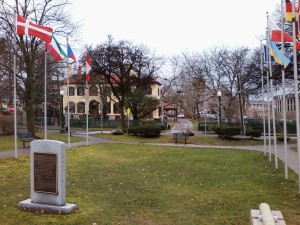
Seward House in the background
Organized in the fall of 1861 the New York 1st Independent Battery
Light Artillery served for the duration and was finally mustered out in June 1865. You can also see the unit’s Gettysburg monument at the New York State Military Museum. The accompanying text points at the link out that the battery plugged a whole in the nick of time during Longstreet’s July 3rd assault.

